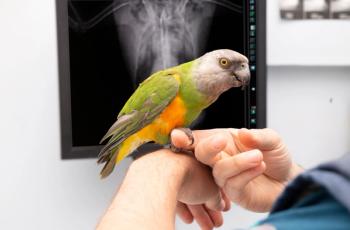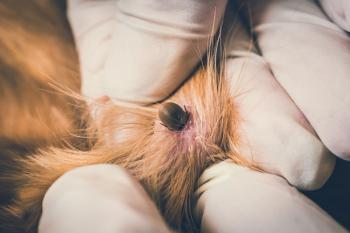
Expert ranks nation's avian flu surveillance
Washington — With 9.3 billion poultry and 20 million doses of vaccine, the United States represents the world's most equipped nation poised to detect and destroy avian influenza.
WASHINGTON — With 9.3 billion poultry and 20 million doses of vaccine, the United States represents the world's most equipped nation poised to detect and destroy avian influenza.
That's according to Dr. David Swayne, avian flu expert and laboratory director of the United States Department of Agriculture (USDA) Agricultural Research Service's Southeast Poultry Research Laboratory in Athens, Ga. The researcher spoke before congressional staff and media in Washington during the American Veterinary Medical Association's recent luncheon "Answers to Common Questions About Avian Influenza."
If the Asian version of highly pathogenic H5N1 virus enters the United States, scientists are armed with observation and quarantine measures, Swayne says.
Correcting myths about avian influenza: USDA researcher Dr. David Swayne reveals avian influenza virus does not pass freely between wild birds and poultry. "In general, the risk is very low," he says.
"The use of the vaccine is decided by USDA-APHIS (Animal and Plant Health Inspection Service) and state veterinarians," he says. "We spend more money and personnel time working on avian influenza than any other disease. Surveillance in the United States is probably the best."
In addition to U.S. preparedness, Swayne illustrated differences between American and Asian poultry production. Pasteurization of liquid egg products kill high-pathogenicity avian influenza viruses and cooking at 158-degrees will destroy the virus in less than one minute, he says.
Still, Asian H5NI is a threat to the nation's poultry industry, Swayne adds, illustrating a list of negative impacts its introduction might have on U.S. markets. The virus triggers 100-percent mortality rates for turkeys and chickens and could lead to trade embargoes on U.S. poultry and products, lost consumer confidence and human health risks, he says.
For more information on avian influenza, see DVM Newsmagazine's December cover article to explore the likelihood of a bird flu pandemic in the United States, or visit
Newsletter
From exam room tips to practice management insights, get trusted veterinary news delivered straight to your inbox—subscribe to dvm360.




